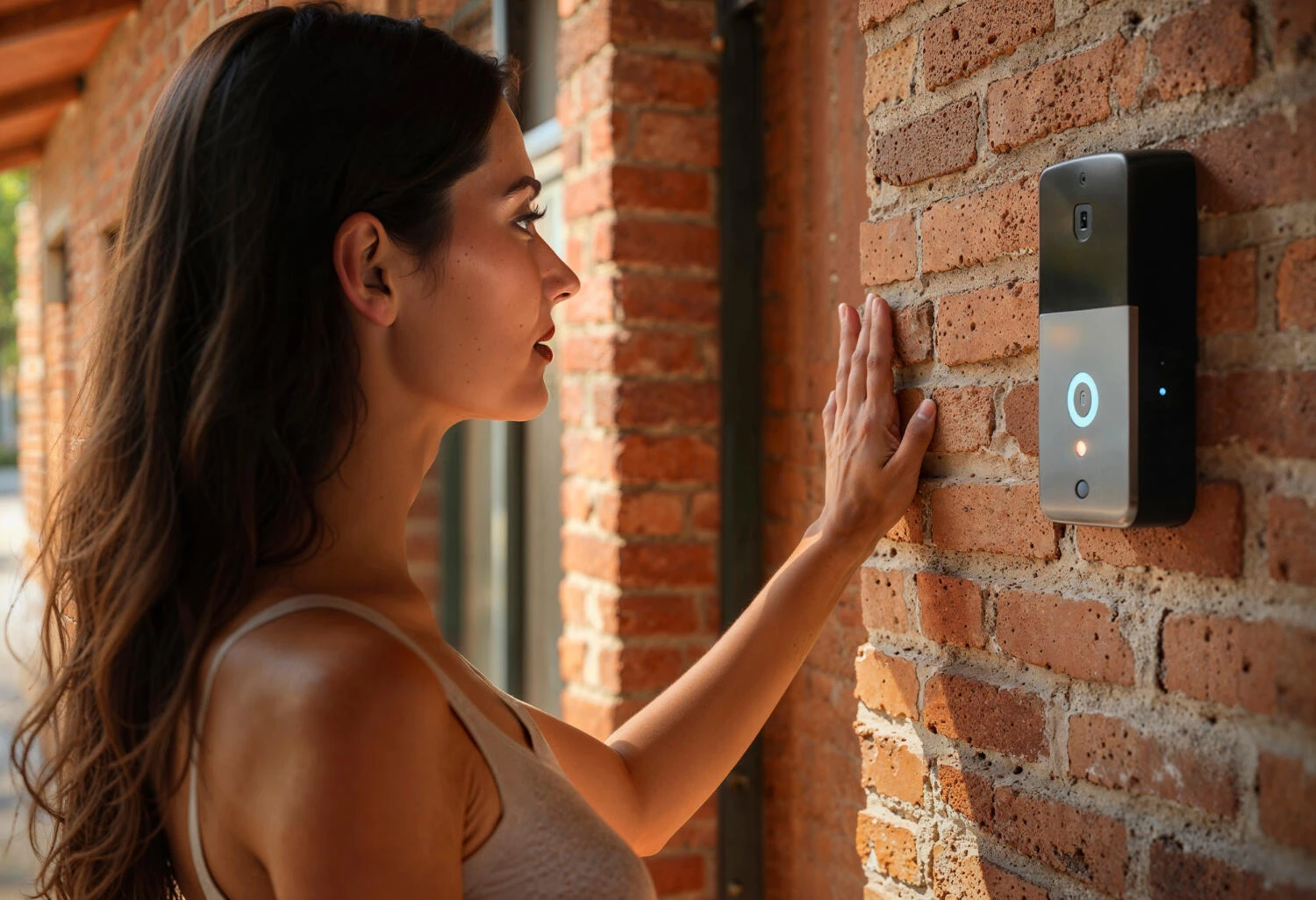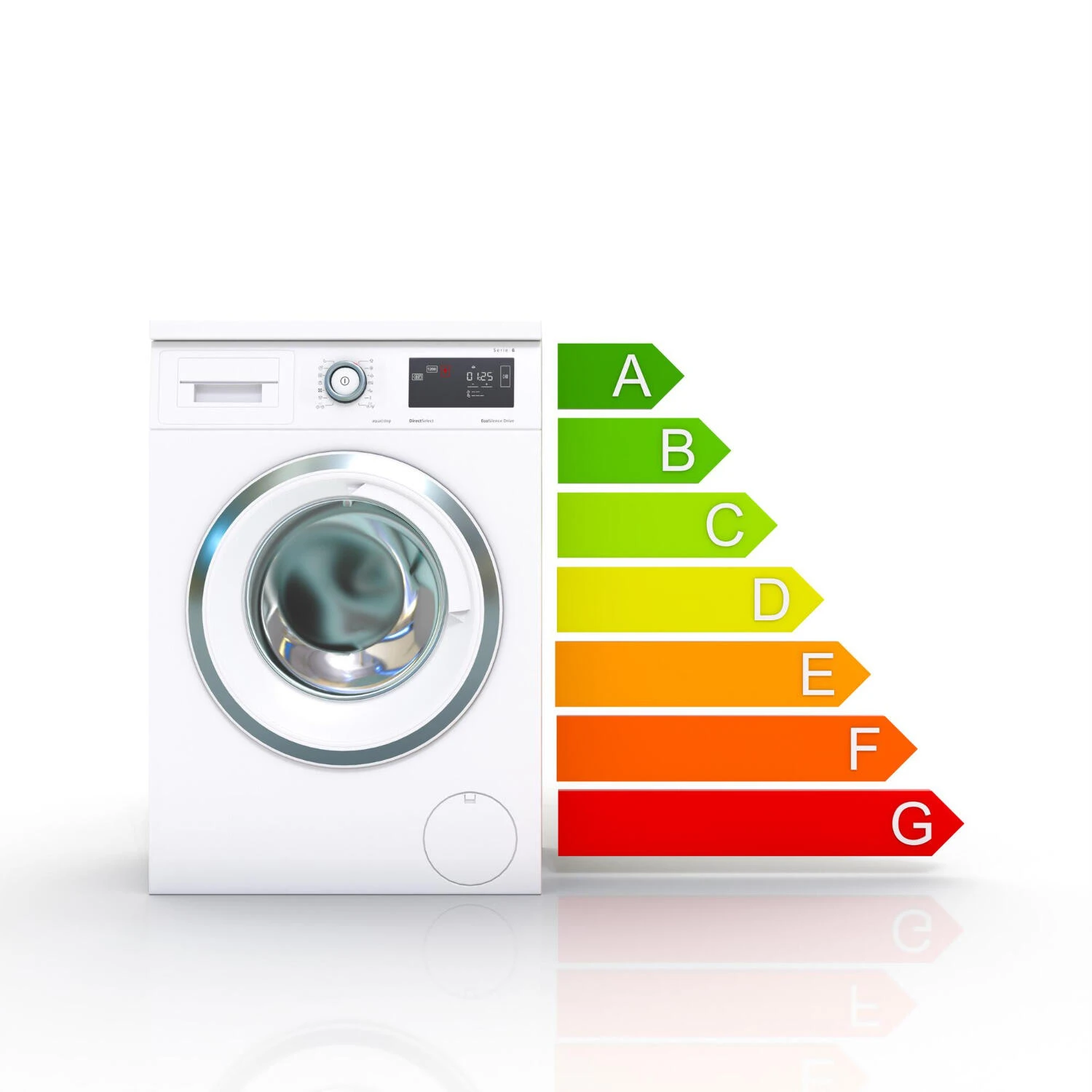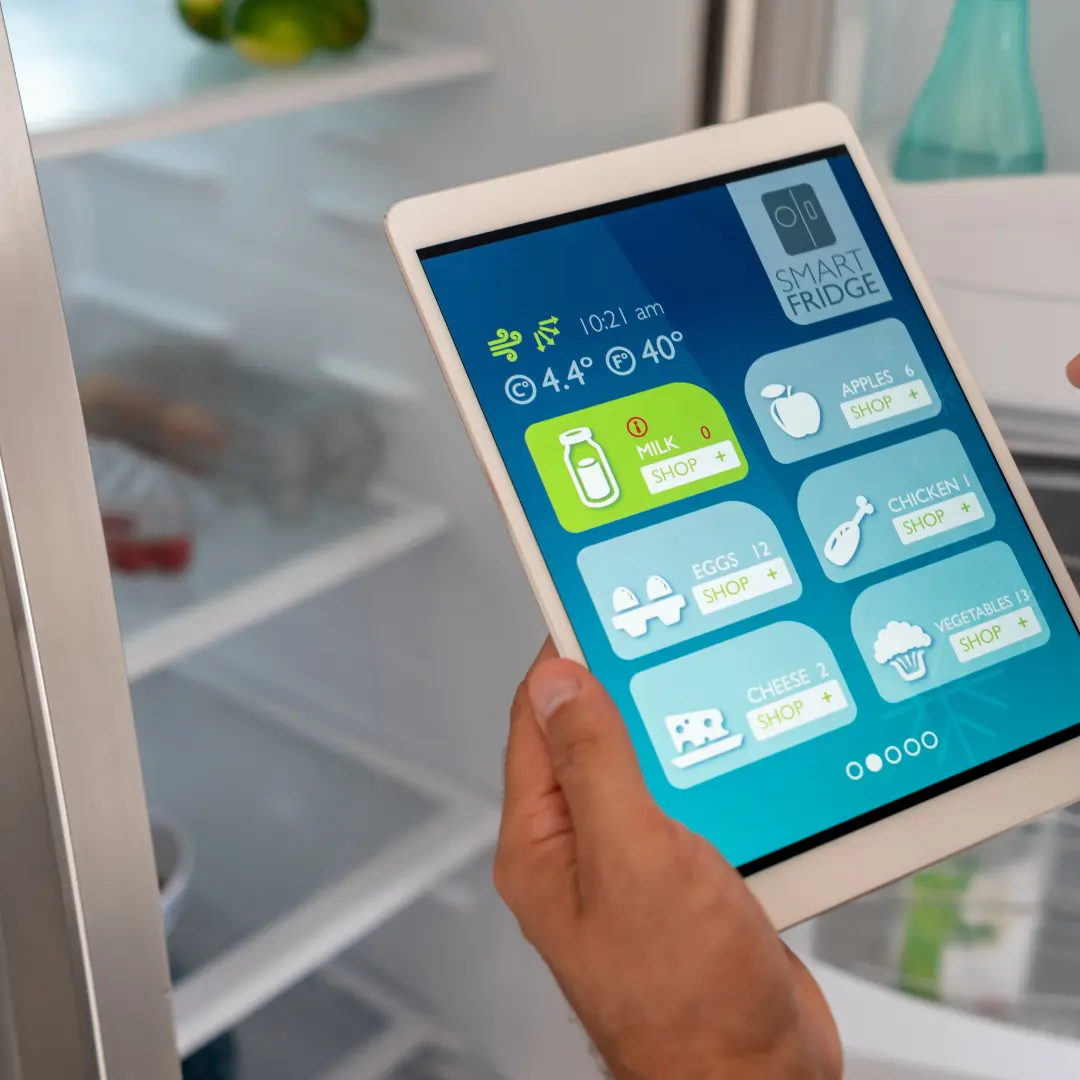
Smart Refrigerators
The Future of Food Storage: Exploring Smart Refrigerators
Smart refrigerators are transforming the way we store and manage food, combining cutting-edge technology with everyday convenience. From leading brands to innovative features, these high-tech appliances offer more than just food preservation. In this guide, we’ll explore the top smart refrigerator brands, their features, energy efficiency, and how they can help you save in the long run.
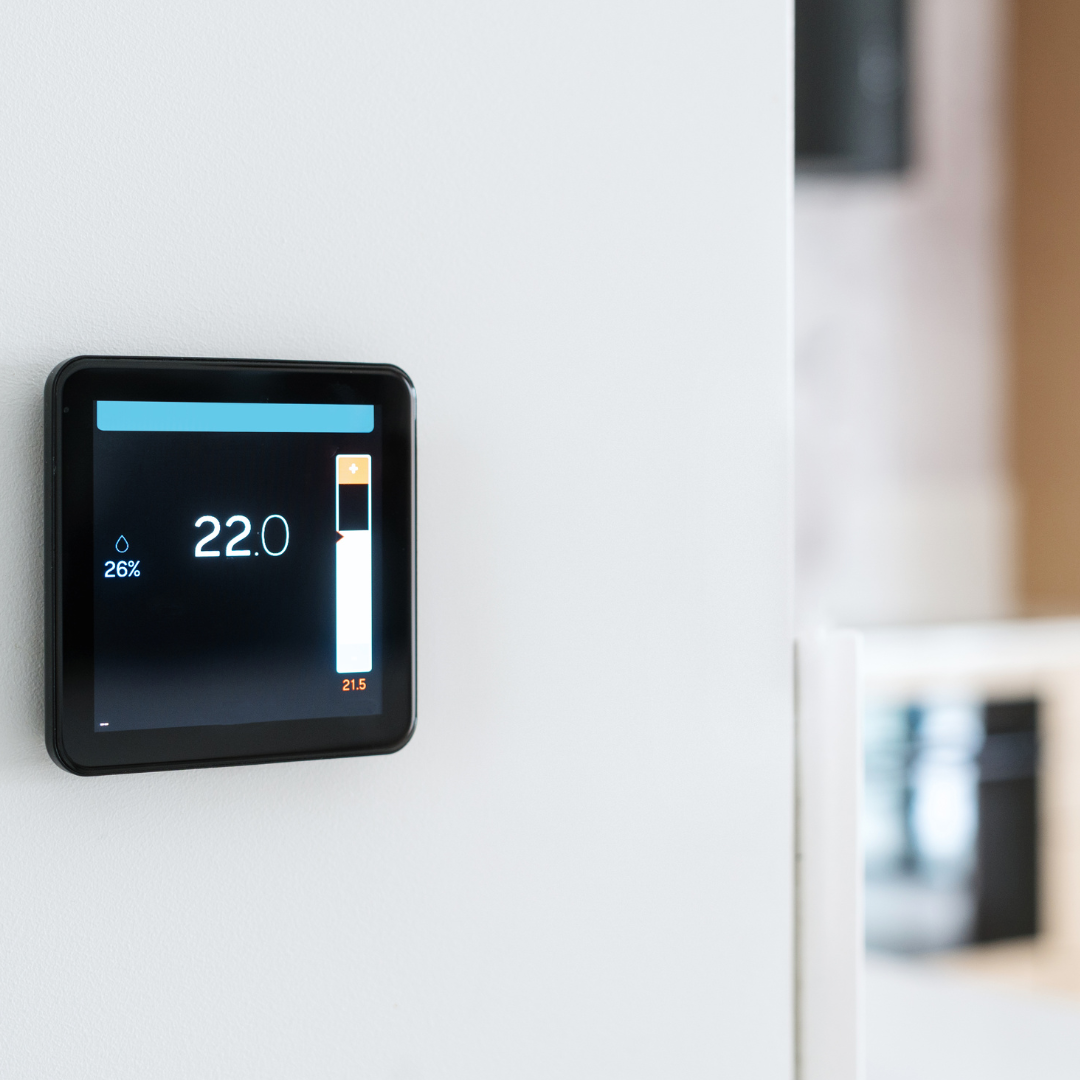
1. Leading Brands
Idea 1: Samsung Smart Refrigerators
Features: Samsung has revolutionised the market with smart innovations like touchscreen displays, interior cameras, and the Family Hub app. These features allow you to manage groceries, stream content, and even check what"s inside your fridge remotely.
Connectivity: Samsung smart refrigerators seamlessly integrate with other smart home devices, such as virtual assistants and smartphones, making it easier to control your kitchen appliances from one hub.
Cost Considerations: Samsung smart refrigerators come in a range of prices, from around £1,000 for basic models to upwards of £3,000 for premium versions with all the latest features.
Idea 2: LG Smart Refrigerators
Features: LG’s InstaView technology allows users to see inside the fridge without opening the door, simply by knocking on the glass panel. This helps keep the cold air inside and reduces energy consumption.
Energy Efficiency: LG smart refrigerators are designed to optimise energy usage, using features like the inverter linear compressor, which adjusts cooling performance based on the load.
Price Range: The cost of LG smart refrigerators typically ranges between £1,200 and £3,500, depending on the size and features included.
2. Innovative Features
Idea 1: Smart Home Integration
Voice Control: Many smart refrigerators can respond to voice commands through virtual assistants like Alexa or Google Assistant, allowing you to add items to your grocery list or control the temperature without lifting a finger.
App Connectivity: Smart refrigerators offer app connectivity, meaning you can control your fridge from your smartphone. Adjust temperature, monitor energy usage, or even get alerts if the door is left open.
Food Management: Some smart fridges can track groceries and notify you when items are about to expire. This helps reduce food waste and makes meal planning easier.
Idea 2: Interior Cameras
Benefits: Having cameras inside your fridge lets you check its contents remotely, even when you’re at the grocery store. This feature can save you from overbuying or missing essential items.
Food Recognition: Certain models use AI to recognise food items and suggest recipes based on what you have in stock.
Privacy and Security: Although these cameras provide convenience, it"s important to consider privacy. Brands offer encrypted systems to protect against any potential security concerns.
3. Energy Efficiency and Savings
Idea 1: Energy Efficiency Ratings
Energy Star Certification: Smart refrigerators with Energy Star certification are designed to consume less power while providing optimal performance, resulting in significant energy bill savings over time.
Inverter Compressors: Inverter compressors help refrigerators maintain consistent temperatures, reducing energy usage by only running when necessary, unlike traditional compressors that cycle on and off.
Long-Term Savings: While energy-efficient fridges may cost more initially, the savings on your energy bills can offset the investment over time.
Idea 2: Price vs. Savings
Initial Investment: Smart refrigerators tend to have higher upfront costs compared to traditional models, but they offer long-term savings in energy consumption.
Monthly Savings: On average, energy-efficient smart refrigerators can save you around £50 to £100 annually on electricity costs, depending on usage.
Environmental Impact: By reducing energy usage, smart refrigerators not only lower your utility bills but also contribute to a greener planet by reducing carbon emissions.
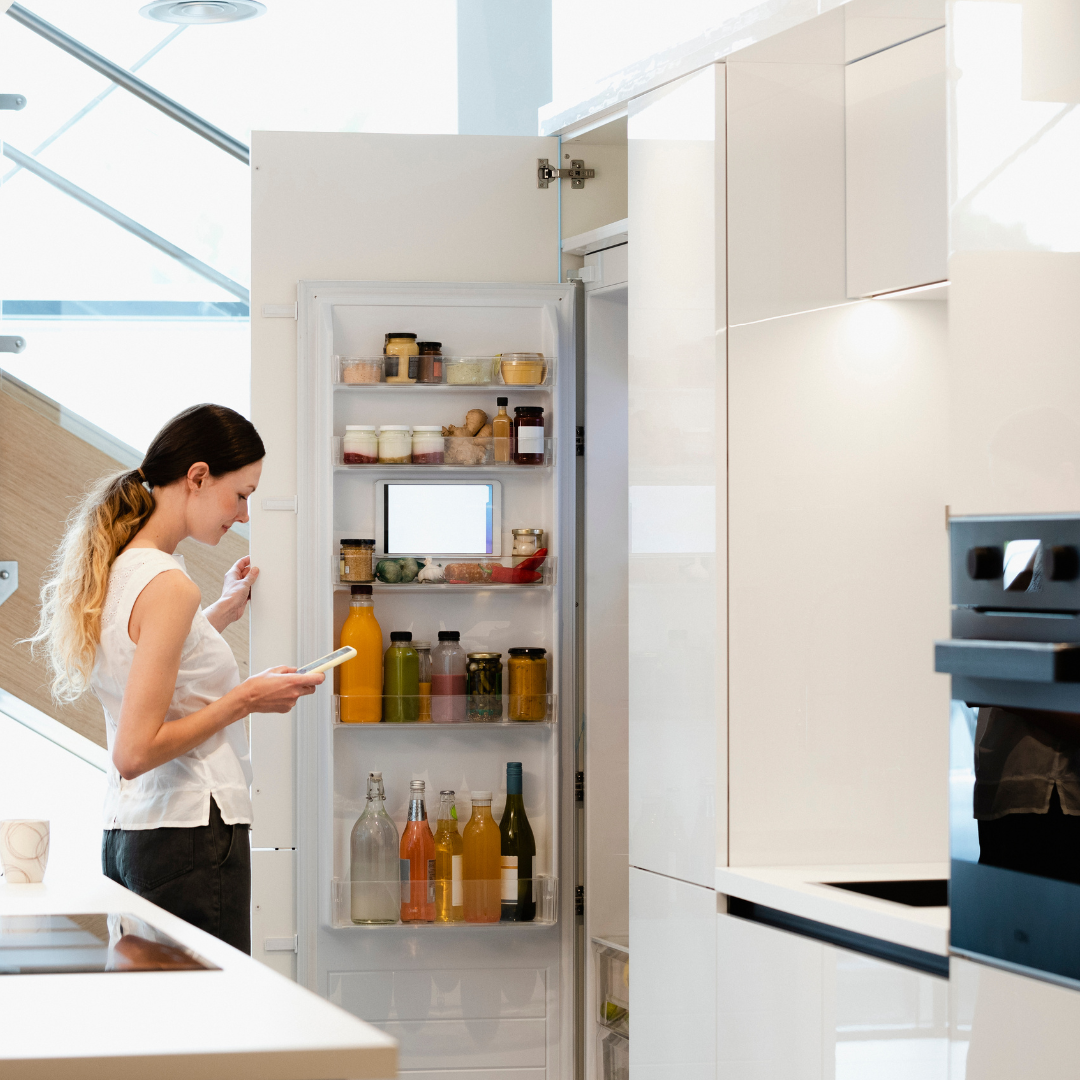
Conclusion
Smart refrigerators are not just about keeping your food fresh; they’re about convenience, connectivity, and long-term savings. By exploring leading brands, innovative features, and the cost considerations associated with these high-tech appliances, you can make an informed decision about whether a smart refrigerator is the right fit for your kitchen. The future of food storage is here, and it’s designed to make your life easier and more efficient.







